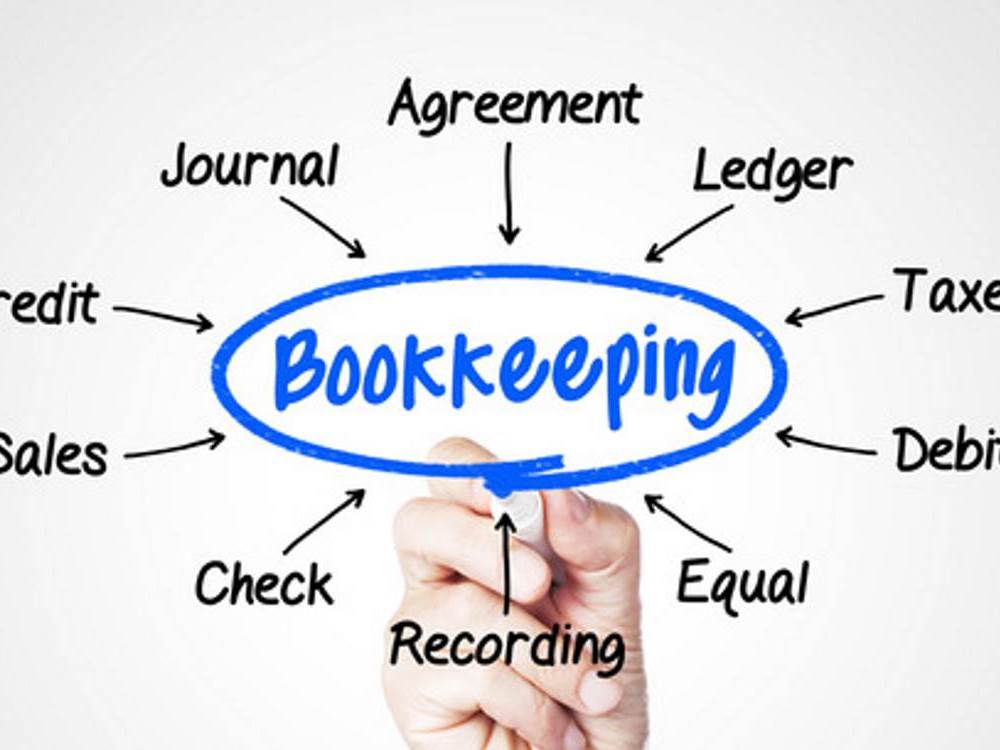Perhaps math isn’t your strong suit or maybe you just don’t have the time to manage your business’ books yourself. Whatever your reason may be for outsourcing your bookkeeping, one thing remains the same- it is very important for you to have a basic understanding of your business’ bookkeeping and how it’s being managed.
When you have an understanding of the basics, it helps you easily comprehend all the numbers and reports your bookkeeper produces, which in turn will help you better manage your business as a whole. It also helps you oversee and effectively communicate with your bookkeeper, ensuring that they are working efficiently and in a way that is cost effective for your business.
Here is a list of basic bookkeeping terms that all small business owners should know and have a clear understanding of.
- Accounts Receivable: the amount of money that is owed to you by your customers after you have provided goods and/or services.
- Accounts Payable: the money you owe for goods/services provided to you.
- Fixed Assets: property with long-term value, like land, buildings, etc. that will bring value to a company over a longer period of time (usually for more than one year).
- Current Assets: property with value that will be used within a year (things like inventory or accounts receivable contribute to that value).
- Balance Sheet: a financial report that outlines a company’s assets, liabilities, and owners equity. It can be presented whenever it is needed.
- Profit and Loss Statement: a financial statement that outlines a business’ performance by evaluating income and expenses during a period of time (quarterly, annually, etc.).
- Cash Flow: the cash flowing in/out of the business.
- Net Income: a business’ total profit.
- Expenses (fixed, variable, accrued, operation): money spent on things needed in order to keep the business running (things like rent, employee wages, etc.).
- Liabilities: the debt or financial obligation a company has. Some debts can be paid within a year (current liabilities) and some can be paid over a period of time, longer than one year (long-term liabilities).
- Owner’s Equity: the owner’s share of the assets a business holds.
If you have any questions about bookkeeping basics, or are looking for a bookkeeping firm to partner with in order to help your business succeed, contact us today.
Tiffany Goodin,

